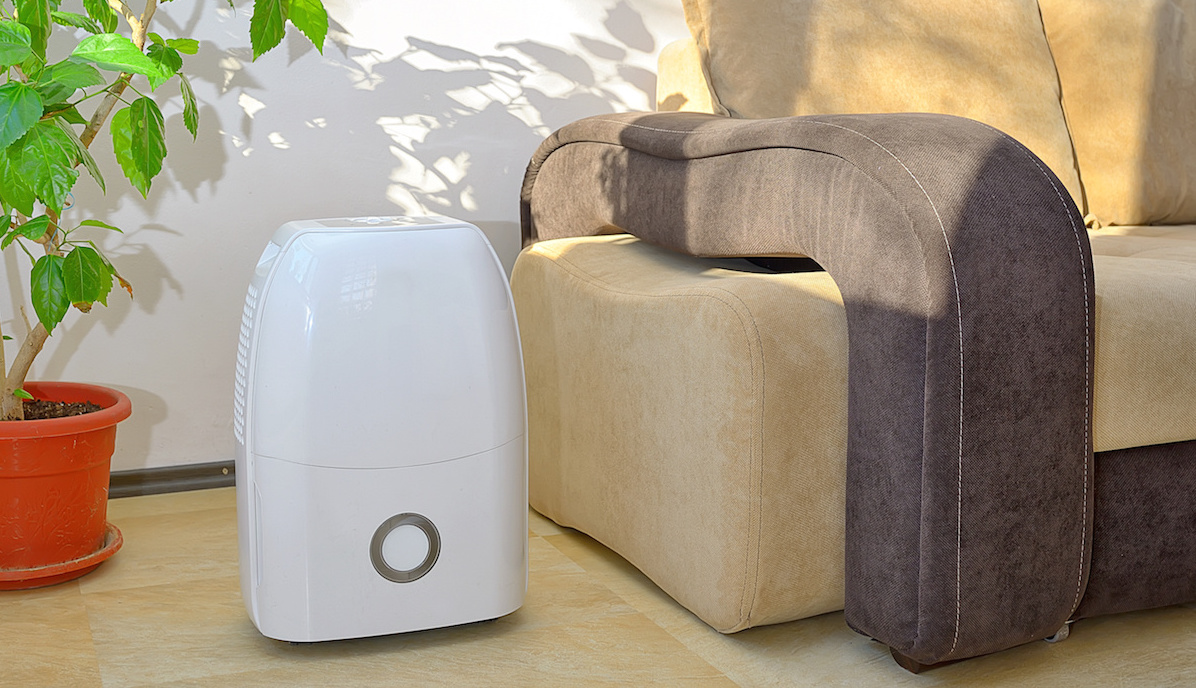Intermittent Fasting vs. Calorie Counting

(Image via Unsplash)
Every time you turn around these days, it seems like there is a new fad diet that helps you lose weight and get healthy. Intermittent fasting isn’t necessarily new or a fad, but it has become quite popular in recent years. How does it stack up against old-fashioned calorie counting when it comes to weight loss? Let’s take a look.
How Does Intermittent Fasting Work?
Johns Hopkins University describes intermittent fasting as “an eating plan that switches between fasting and eating on a regular schedule.” This means that you eat all of your food for the day during a specific timeframe, and for the rest of the day or any other designated period of time, you don’t eat.
There are several ways to partake in intermittent fasting. Some people only eat one meal a day. Some eat during a window of a certain number of hours and fast for the remaining hours. For example, you might eat between noon and 6 p.m. each day, but fast between 6 p.m. and noon the next day, creating a 6:18 ratio of eating vs. fasting. Others may eat five or six days a week and fast for one to two days.
There aren’t many restrictions on what you should eat while intermittent fasting, although filling your eating periods with junk food can be counterproductive and have a negative impact on your health. Some people combine intermittent fasting with other diets, such as a ketogenic, Mediterranean, or paleo diet. During your fasting periods, you may drink water or zero-calorie beverages, such as coffee and tea without sugar or milk.
How Does Calorie Counting Work?
Calories are units of energy found in food, and how many you should consume each day depends on factors like your age, gender, height, weight, activity level, and other issues that may impact your life, such as pregnancy or disease. The general school of thought is that 3,500 calories equal one pound of body weight.
However, you also have to take into consideration how many calories your body burns. Some call this calories in, calories out. To lose a pound, you must burn 3,500 more calories than you consume. When you partake in a calorie-counting diet, you must count how many calories are in everything you put in your mouth. Unlike intermittent fasting, there are no restrictions on when you can eat, but you must be more careful about what you eat.
Weight Loss
Intermittent fasting helps you lose weight in a number of ways. First, because you’re eating during a shorter timeframe than you might normally, you will generally consume fewer calories without even trying. Also, when your body burns calories, it usually burns the ones you just consumed. When you go for a long period of time without consuming calories, your body eventually starts burning stored fat instead. Finally, fasting impacts your hormone production, which can lead to an overall increase in metabolism.
Counting calories in an effort to lose weight is a matter of doing simple math. You must burn more calories than you consume. Your body burns calories daily simply by doing normal things, like breathing and walking. You also burn calories when you exercise. So, to lose weight by counting calories, you must figure out how many calories you should eat to create a deficit.
(Image via Unsplash)
Other Health Benefits
Intermittent fasting may help with other health benefits as well. Research has shown that it helps cut inflammation in the body, which can impact conditions, such as Alzheimer’s disease, stroke, arthritis, stroke, and multiple sclerosis. Other studies have shown that intermittent fasting may help reduce blood pressure, improve cardiovascular health, prevent obesity, improve exercise endurance, help manage type 2 diabetes, and improve memory. It’s also thought to have anti-aging effects.
The biggest benefits of calorie counting are increased energy and weight loss, but many of the benefits of this diet are mental as well. Studies suggest that people who count calories have a more mindful thought process when it comes to food, which makes them think twice about everything they put into their bodies. You gain a better understanding of the nutritional value of food and how it impacts your body.
Negatives of Each Type of Diet
Intermittent fasting can be difficult for many people to stick to because it’s not the way of eating you’re probably used to. The first few weeks can be especially difficult because you may end up with side effects like headaches, nausea, irritability, hunger, and problems sleeping.
As for calorie counting, naysayers believe that you should focus on quality instead of quantity when you consume your food. Eating 300 calories of grilled chicken is much better for you than eating 300 calories of ice cream filled with sugar. They also say that counting calories can feel restrictive over time, and many people get tired of keeping a close watch on every single thing they eat.
Lifestyle
Both intermittent fasting and calorie counting have their pros and cons. Both can help you lose weight and improve your overall health. However, both can be difficult to get used to and stick to for long-term results.
Intermittent fasting isn’t always a good choice for anyone who is underweight or struggling with an eating disorder. It may also be a bad choice for someone who is pregnant or breastfeeding. It may even impact certain medications that you take, and it’s not recommended for people who are prone to reflux or kidney stones. However, if you don’t fall into any of these categories and you like the idea of simplifying your life by only eating during a certain period of time each day, it may be right for you.
Like intermittent fasting, calorie counting can be a bad thing for people with eating disorders. It can also lead to an increase in eating disorders and other bad food habits. Many people who count calories also develop mental problems when it comes to food, such as shame when they overeat. However, if you are a person who enjoys having a strict formula for life and who enjoys using apps, calculators and other tools to benefit your health, counting calories may be right for you.
Studies suggest that both diets are almost equally effective for losing weight and getting healthy, so choosing the one that best suits your lifestyle is the fastest way to success. You should also talk to your medical provider to determine if you’re a candidate for either type of diet.







